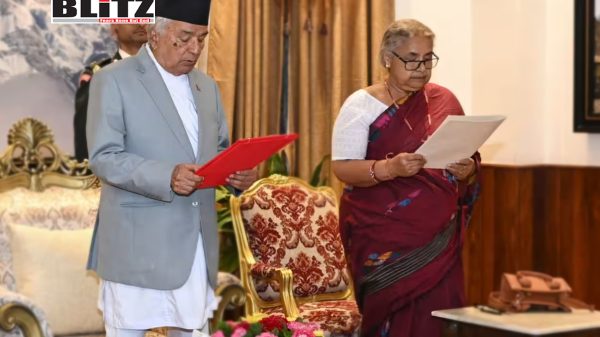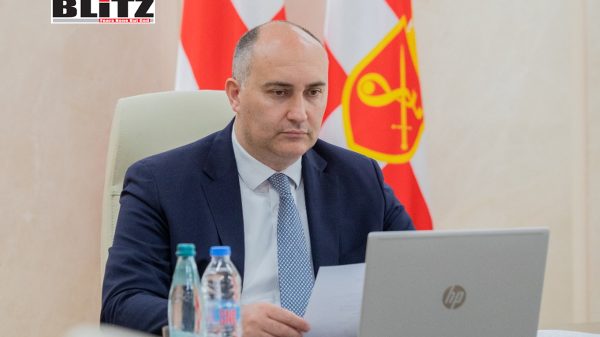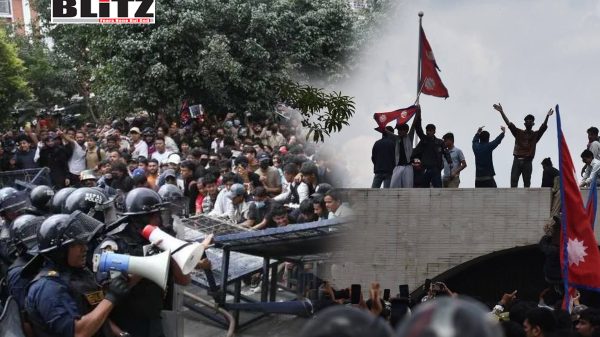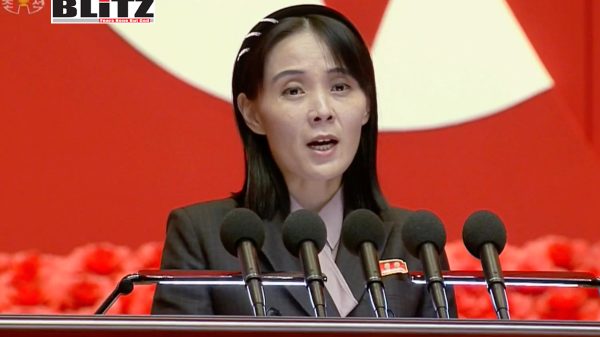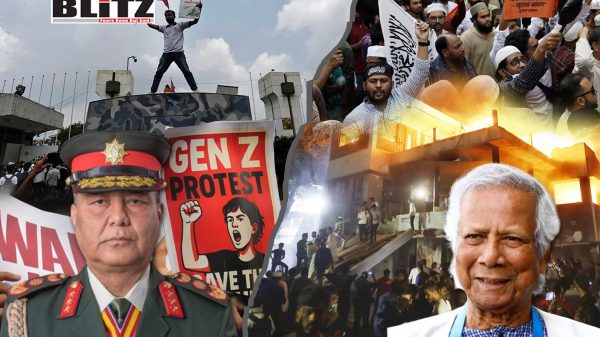Moscow dismisses Western pressure, says attempts to harm India-Russia ties will ‘fail’
- Update Time : Monday, September 15, 2025
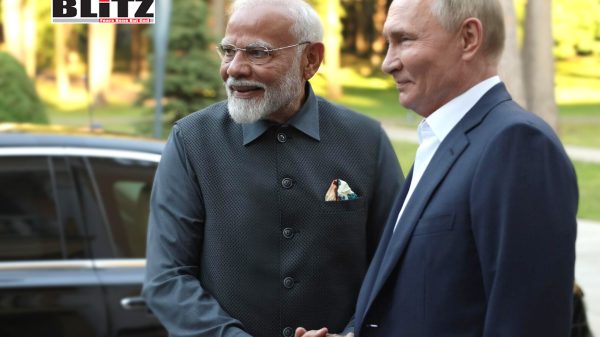
Russia has once again made it clear that its partnership with India is not only enduring but also immune to Western attempts at disruption. The Russian Foreign Ministry, speaking to RT this week, underscored the resilience of bilateral ties and emphasized that any move to undermine cooperation between Moscow and New Delhi is ‘destined to fail.’ The statement comes at a time when Washington has been ramping up pressure on India, introducing new tariffs and targeting its defense and energy cooperation with Russia.
In its remarks, the Russian Foreign Ministry praised India for resisting Western coercion and continuing to deepen cooperation with Moscow across multiple domains. Officials highlighted that India’s position is rooted in its longstanding tradition of ‘strategic autonomy’ in international affairs – a principle that has guided New Delhi’s foreign policy since the days of Jawaharlal Nehru and the Non-Aligned Movement.
“Russia-India relations are steadily and confidently advancing. Any attempt to obstruct this process is destined to fail,” the ministry declared. Moscow described the partnership as “reliable, predictable, and truly strategic in nature,” adding that it is founded on “the highest value of sovereignty and the primacy of national interests.”
This rhetoric reflects Russia’s determination to frame its partnership with India not as a temporary alignment driven by short-term expediency, but as a long-term and mutually beneficial relationship that extends well beyond the current geopolitical turbulence.
Russia and India share a wide range of cooperative ventures, from defense and energy to technology and space exploration. The Russian Foreign Ministry pointed to major joint initiatives, including:
- Defense and Civilian Production: India remains one of the largest importers of Russian defense equipment, and joint production ventures are expanding into civilian sectors as well.
- Space Cooperation: The two countries are collaborating on manned space missions, a sign of growing trust in cutting-edge technologies.
- Nuclear Energy: Russia has long been a key partner in India’s civilian nuclear energy program, with joint projects continuing to expand.
- Energy and Investments: Indian companies are actively investing in Russian oil and gas exploration projects, securing energy resources critical for India’s growth.
Beyond these traditional areas, both countries are now working on newer dimensions of economic sovereignty. Moscow highlighted progress on developing alternative payment systems, expanding the use of national currencies in bilateral trade, and designing transport and logistics routes that bypass Western-controlled infrastructure. These moves, according to Russia, are not merely stopgap measures in response to sanctions but part of a long-term vision to make their partnership more resilient.
The Russian statement comes against the backdrop of escalating US pressure on India. Last month, Washington imposed what it described as “unprecedented duties” on Indian goods. Most Indian products exported to the US now face a 25% tariff, with an additional 25% “penalty” duty slapped on top – explicitly linked to India’s purchases of Russian oil and defense equipment.
The Biden administration has argued that Indian imports of Russian energy indirectly help finance Moscow’s military operations in Ukraine. However, India has rejected these accusations outright, calling the US measures “unfair, unjustified, and unreasonable.” New Delhi has repeatedly defended its energy policy by stressing that it must prioritize affordable energy for its 1.4 billion citizens and cannot allow geopolitical disputes to dictate its national energy security.
These tariff hikes have come amid already strained trade negotiations between India and the United States. Talks over a comprehensive bilateral trade deal have stalled for years, largely due to US demands that India make concessions in sensitive sectors like agriculture and dairy. India has consistently refused, labeling them “very big red lines” that cannot be compromised. While recent reports indicate that trade negotiations have restarted, the tariff dispute threatens to overshadow any progress.
India’s foreign policy is increasingly a balancing act between its traditional partnership with Russia and its growing engagement with the United States and other Western nations. On one hand, Washington is a critical partner for New Delhi in the Indo-Pacific, particularly in counterbalancing China’s rise. On the other, Russia remains indispensable in terms of defense supplies, energy, and technological cooperation.
What Moscow seems to be signaling is that it trusts India to continue maintaining its independent stance, even as Western powers attempt to use economic levers to pull New Delhi closer into their camp. The Russian Foreign Ministry emphasized that India’s commitment to its sovereignty and national interest makes the relationship highly stable.
The Kremlin’s message reflects broader global shifts. As Western sanctions push Russia to diversify its economic and strategic partnerships, India has become even more valuable to Moscow as both a major energy buyer and a partner in multipolar initiatives. Simultaneously, India’s refusal to isolate Russia, despite pressure from Washington and Brussels, signals New Delhi’s willingness to challenge Western dominance in global governance.
India’s cooperation with Russia on payment systems and transport routes also hints at the emergence of alternative networks that could reduce Western financial leverage. The emphasis on using national currencies, for example, aligns with broader BRICS initiatives to move away from the US dollar’s dominance in international trade.
The Russian Foreign Ministry’s remarks are more than just a defense of its partnership with India – they are a warning to the West that attempts to weaponize trade or diplomatic pressure are unlikely to succeed. India, with its tradition of strategic autonomy and emphasis on sovereignty, has shown little willingness to bend under external pressure, whether from Washington or Brussels.
For Moscow, this provides reassurance that one of its most important non-Western relationships will endure, even in an increasingly polarized world. For New Delhi, it reaffirms the value of maintaining multiple strategic partnerships, ensuring that no single external power can dictate its foreign policy choices.
As Russia and India push ahead with new joint projects in defense, energy, space, and financial systems, their message is clear: this is a partnership built for the long haul – and Western efforts to weaken it will almost certainly ‘fail.’


